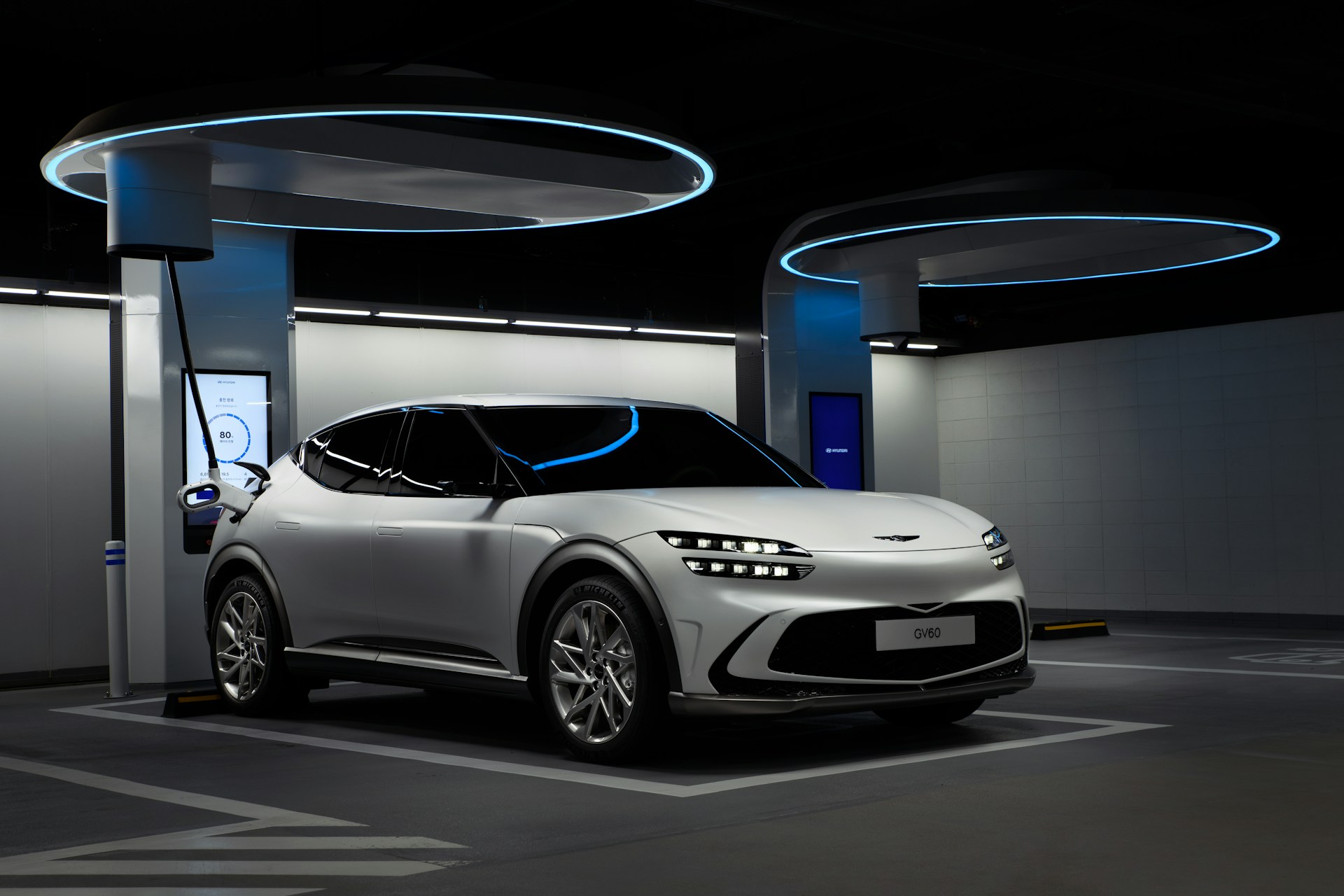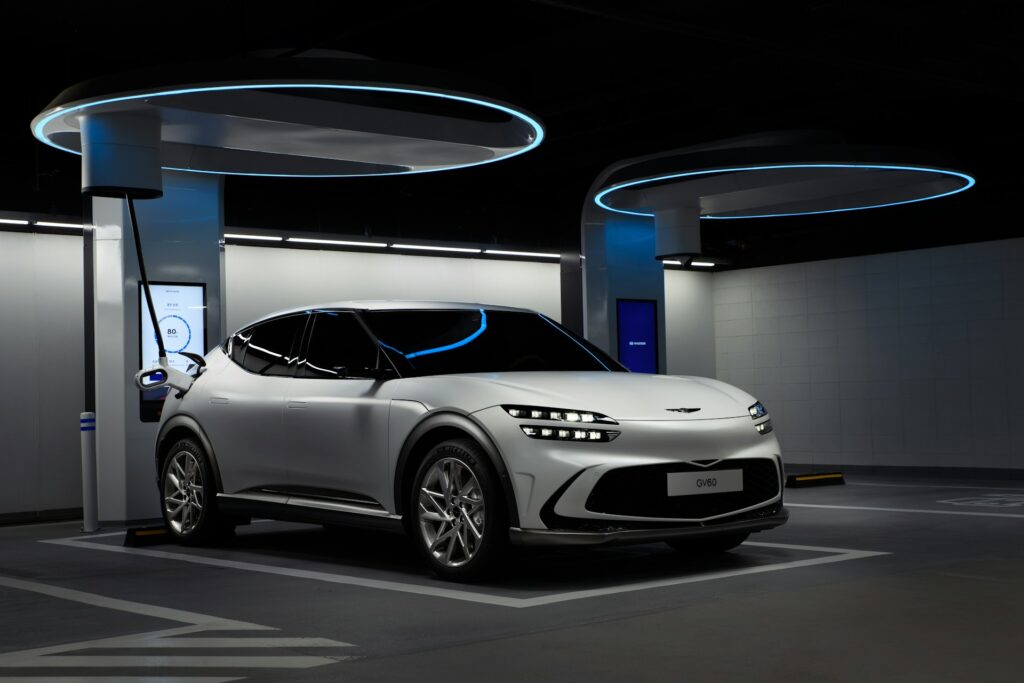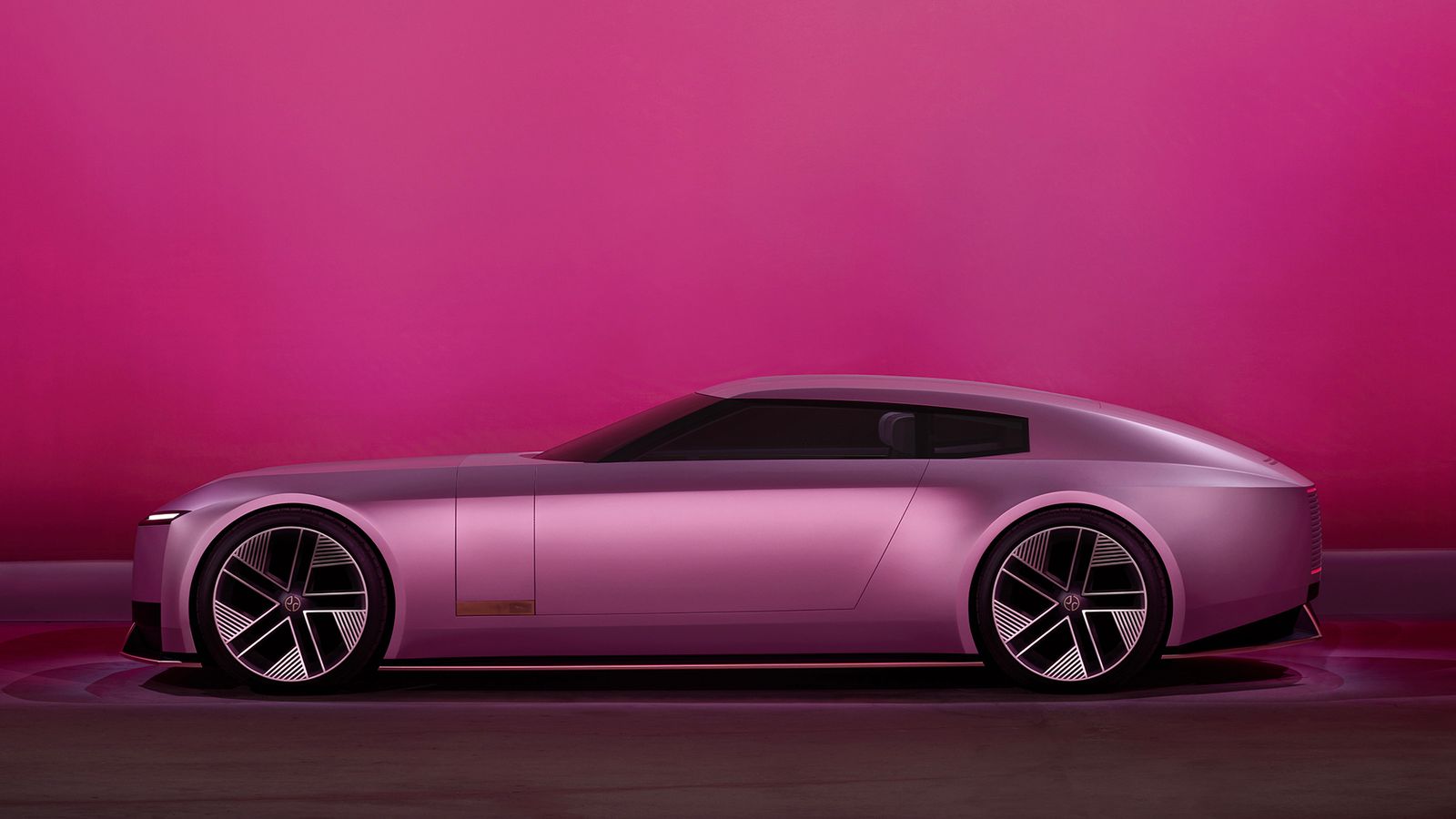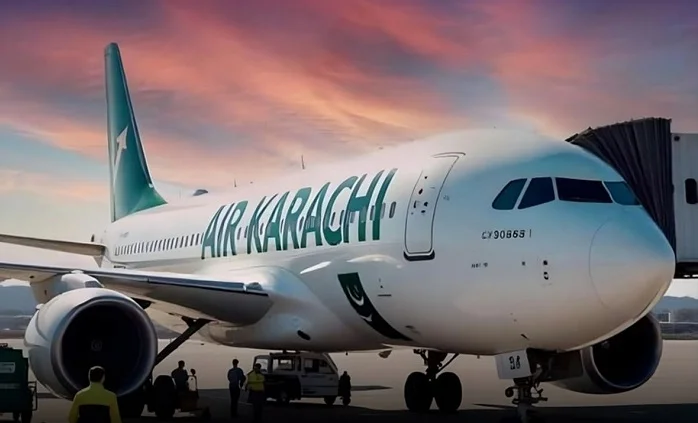Pakistan’s Push Toward Electric Vehicles: A Sustainable Future by 2030

With plans to convert 30% of its vehicles to electric by 2030, Pakistan is making a big step toward sustainable transportation. The nation’s recently authorized Electric Vehicle (EV) policy includes this ambitious goal, which was stated by Abdul Aleem Khan, Federal Minister for Communications, Privatization, and Board of Investment. This program seeks to successfully tackle climate change, encourage green mobility, and lessen carbon emissions.
Electric Vehicles and Climate Action
Minister Khan highlighted that combating climate change requires a broad adoption of electric vehicles. As a result, this strategy supports Pakistan’s larger environmental objectives in addition to focusing on transportation reform. The nation wants to minimize air pollution, which has grown to be a major issue in urban areas, and greenhouse gas emissions by switching to electric vehicles.
The government is strongly focusing on developing a strong EV infrastructure to facilitate the transition. For example, plans are in motion to establish charging stations across the country. These advancements will encourage more people to move away from conventional fuel-based vehicles while ensuring that the expanding EV market can run smoothly.
Public Awareness and Infrastructure Development
Increasing public awareness is crucial to the success of this effort. The government is starting campaigns to inform the public about the advantages of electric vehicles, such as their cheaper maintenance costs, lower fuel prices, and environmental benefits. Additionally, consumers will find the changeover simpler if EV-friendly infrastructure, such charging stations, is available.
Under the National Green Transport Project, the government also plans to use Public-Private Partnerships (PPP) to involve the public and private sectors. This strategy seeks to ensure sustainable growth while hastening the deployment of EVs. The government intends to solve financial issues and produce long-lasting outcomes by enlisting private investment.
Green Transport Solutions Beyond Electric Vehicles
Although electric cars continue to be the main focus, Pakistan is looking at alternative environmentally friendly transportation options. Minister Khan emphasized the introduction of Karachi’s first fleet of biomethane hybrid buses during the COP29 summit in Baku. This action shows Pakistan’s wider dedication to sustainable urban transportation initiatives and renewable energy.
The combination of EVs and biomethane hybrid buses demonstrates Pakistan’s multifaceted approach to modernizing its transportation infrastructure. These initiatives also demonstrate Pakistan’s commitment to lessening its environmental impact and are in line with international environmental goals.
Electric Vehicles: A Sustainable Vision for 2030
Pakistan’s electric car legislation is a brave and essential move toward a sustainable future, despite the obstacles that still exist. The government is making sure that the transition to EVs is a reality by building infrastructure and raising public awareness. Furthermore, these initiatives strengthen Pakistan’s commitment to green energy by enhancing other renewable energy projects.
In conclusion, Pakistan is undergoing a radical change with the shift to electric automobiles. The nation is laying the groundwork for a more environmentally friendly and greener future by lowering its dependency on fossil fuels and encouraging sustainable transportation options. Even if issues like public adaption and infrastructure development still exist, the government and private sectors working together can make the 2030 goal a reality.




